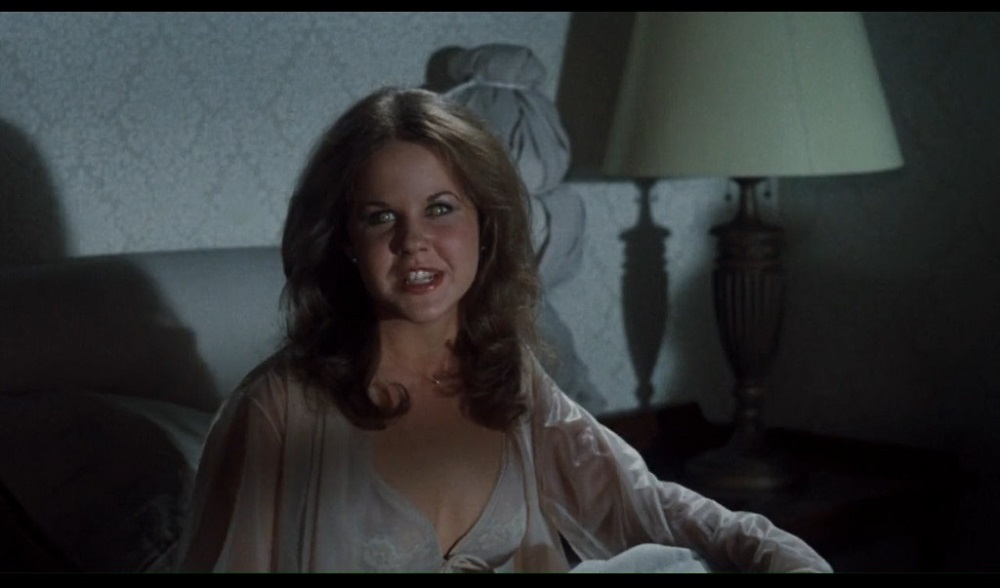LONDON – When Four Tet said earlier this month that he had reached a settlement in his high-profile royalty dispute with Domino Recordings, it highlighted the ongoing, sometimes toxic debate around how much record labels pay artists for music streams.
The British dance music producer’s dispute with Domino, which saw the label remove three of his albums from streaming services for just over two months, has shined a spotlight on many of the issues related to the music business that are drawing the attention of governments in Europe.
The out-of-court settlement, unveiled on June 20, came after Four Tet, born Kieran Hebden, took legal action against his former label over the 18% royalty rate he was being paid for music streams and downloads for albums Domino released between 2001 and 2005: Pause, Rounds and Everything Ecstatic, as well as other recordings from that period.
Hebden argued that streaming and download income should be treated as a license rather than a physical sale and that he was entitled to half of the royalties. The case, which he filed in London’s Intellectual Property and Enterprise Court (IPEC), focused on a recording contract he signed in 2001 — prior to the emergence of the iPod, digital downloads and streaming services.
London-based Domino agreed to pay the artist a 50% digital royalty rate going forward and to compensate him with £56,921.08 ($69,918.72) for royalties dating back to July 1, 2017 — the difference between his original 18% royalty and the new 50% rate.
Because the case was settled out of court, it doesn’t set any legal benchmark for future royalty disputes. Nevertheless, “it does set a moral precedent,” says David Martin, CEO of U.K. artists group Featured Artists Coalition. “We’ve long felt that the system is unfair and that it’s an analog structure being implemented on a digital system that’s not fit for purpose. I hope other artists will be paying a lot of attention to their contracts now and picking up the phone to their labels.”
For Tom Gray, chair of U.K. songwriters trade group The Ivors Academy and founder of the #BrokenRecord campaign, Hebden’s “case is important because it speaks clearly to the fact that the music industry desperately needs regulation.” Gray, who is a member of British rock band Gomez, says other artists should “feel empowered” to challenge unfair contracts in light of the Hebden/Domino settlement.
“Hopefully I’ve opened up a constructive dialogue and maybe prompted others to push for a fairer deal on historical contracts, written at a time when the music industry operated entirely differently,” Hebden said on Twitter, where he announced the agreement (Under Civil Procedure Rules ‘Part 36’ settlement offers are not confidential).
The agreement comes amid high-profile calls from the international creator community for record labels to deliver a greater share of streaming revenue to artists, musicians and songwriters. Those pleas have been made loudest in the United Kingdom — the world’s second-biggest exporter of music after the United States – where stars like Paul McCartney, The Rolling Stones, Kate Bush and Coldplay frontman Chris Martin backed campaigns to put the value of music back “in the hands of music makers.”
Those campaigns led to a nine-month probe of the streaming music business by the Parliament’s Digital, Media, Culture and Sport (DCMS) Committee, which wrapped in July 2021. It concluded that the global streaming model led by Spotify, Apple Music, YouTube and Amazon Music was “unsustainable” in its current form.
The U.K.’s competition regulator is now conducting a 12-month review of the streaming business, looking at any competition concerns related to the major labels’ dominance of the industry, as well as how the spoils of the booming digital music economy are being shared with creators. The Competition and Markets Authority (CMA) is expected to deliver its interim findings in July.
Elsewhere in Europe, change is already underway. Last month, France became one of the first major music markets to set minimum streaming rates for musicians. That action resulted from 2019’s European Union Copyright Directive, which states that EU member countries will pass legislation guaranteeing “appropriate and proportionate remuneration” for creators, as well as imposing new obligations on labels and rights holders around transparency and the reporting of revenues generated by music works.
Other music artists are bringing cases under EU legislation, where the terms of the copyright directive — in particular, Article 19, which covers transparency obligations, and Article 20, which considers the fairness of license and contract agreements — provide a “clear and very considered” legal framework to fight contract disputes, says Colin Young, a music accountant who gave evidence in the DCMS committee inquiry.
Young says two of his European clients have served ‘Notice Before Action’ measures against rights holders over streaming royalties, which, like Hebden’s dispute with Domino, are paid out at a low physical sale royalty rate rather than a higher rate license. (Young declined to name the artists or labels involved).
Young says the Four Tet case and campaigns like #BrokenRecord will ultimately lead to tighter regulation of the record business. “The law only changes if there’s public disquiet,” he says. “It doesn’t change of its own accord.”
Even without government intervention, record labels have been addressing issues relating to legacy CD-era contracts. Beginning with Sony Music last June, all three majors have said they are writing off unrecouped balances for certain legacy artists and songwriters who signed contracts in the pre-digital era. Independent label Beggars Group, which is home to 4AD, Matador, Rough Trade, XL Recordings and Young Recordings, launched its own program in 2015 to write off unrecouped debts on advances 15 years after the last record of a contract is released.
Paul Pacifico, CEO of the U.K. Association of Independent Music (AIM), says he doesn’t anticipate a rush of artists following Hebden’s lead and challenging legacy contracts in court. “All modern independent label contracts cover streaming,” Pacifico says. “Where they are older and don’t, I know many labels have worked with their artists to figure that out in the aligned interest of the artist and label.” (Domino and Beggars are members of AIM.)
The prohibitive costs of artists taking legal action against labels is also likely to limit the number of future court cases around royalty disputes, say execs. Hebden brought his case in the Intellectual Property and Enterprise Court, where there is a cap on legal costs. If the case had proceeded to U.K.’s High Court, where there’s no limit to costs, Hebden’s lawyers say he would have had to abandon his claim.
Domino’s June 22 statement about its settlement with Hebden stressed that no legal precedent had been set by the courts or agreement “as to how streaming should be categorized or streaming income split” in the future. The label also said it was pleased that Hebden had agreed to settle the case on “financial terms first offered to him in November 2021.”
The absence of a legal judgement, however, is unlikely to make the issues raised by the royalty dispute or the U.K. inquiry into the streaming economy die down, says Gray.
“So many of these legal issues have never been resolved because musicians can’t afford it,” Gray says. “What we really need is a class action. If a group of artists took a label to court to settle this once and for all that would probably be very worthwhile.”






















:quality(85):upscale()/2023/09/14/936/n/1922564/1eb8986c65037ae0e884d9.33922579_.jpg)







